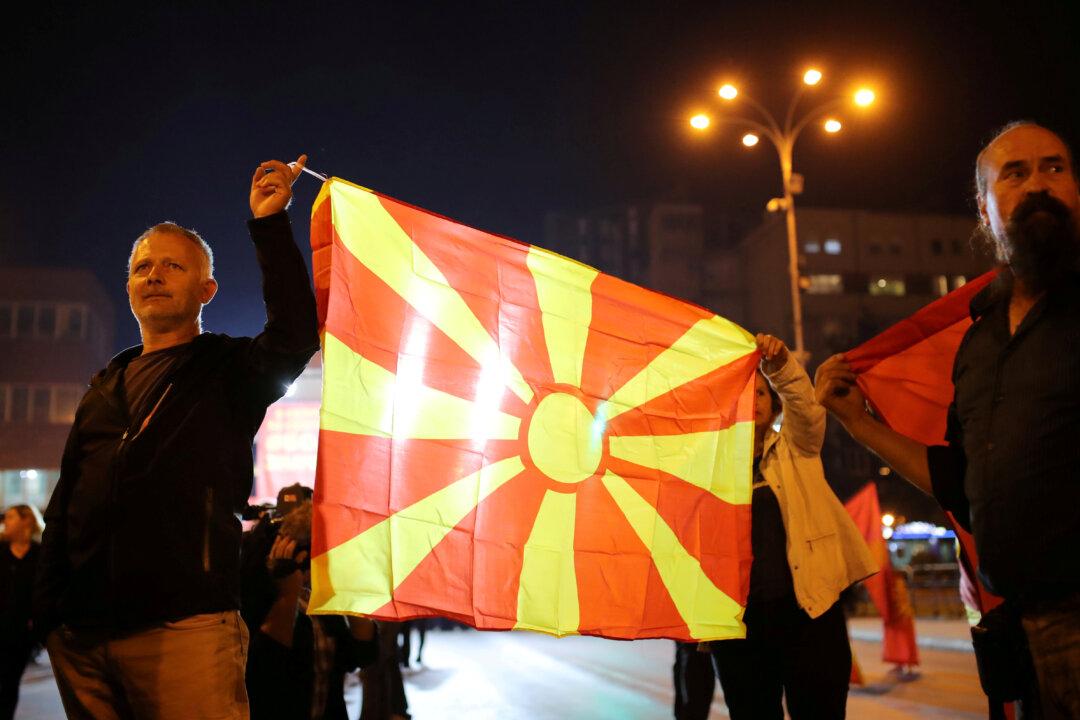SKOPJE, Macedonia—Macedonia’s hopes of joining the European Union and NATO were left in limbo on Oct. 1, a day after voters backed a plan to change the country’s name by a wide margin, but failed to hit the 50 percent turnout required for the referendum’s result to be considered valid.
While Prime Minister Zoran Zaev said he would press on with a vote in parliament to endorse the change of name to the Republic of North Macedonia, the nation’s defense minister said an early election might be necessary, potentially derailing the whole plan due to a tight timeframe.





